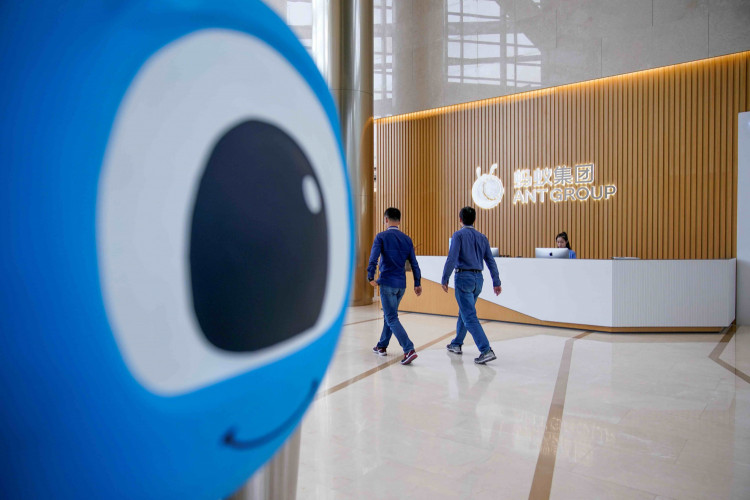Ant Group's dual-listing in Shanghai and Hong Kong, set to be the world's largest initial public offering, was delayed in part because company backers were given too much influence, according to a report by The Wall Street Journal Wednesday.
"Growing unease in Beijing over Ant's complex ownership structure and the people who stood to gain most from it" pushed regulators to postpone the listing in early November.
President Xi Jinping's hold on power is now comparable to the influence wielded by Mao Zedong and he has no intention of sharing, the report said.
"Behind layers of opaque investment vehicles that own stakes in the firm are a coterie of well-connected Chinese power players, including some with links to political families that represent a potential challenge to President Xi and his inner circle," said the article.
These include Jiang Zhicheng, grandson of past Chinese leader Jiang Zemin and founder of private equity company Boyu Capital, which is a large investor in Ant.
Another stakeholder is a group led by the son-in-law of Jia Qinglin, a former member of the Politburo Standing Committee.
In 2012, Boyu, China Investment Corp. and units of China Development Bank and Citic Group financed the $7.1 billion needed to buy out half of Yahoo's stake in Alibaba leaving the group with a nearly 5% stake in the company that would be worth millions more after it listed on the New York Stock Exchange.
These same investors were among the first to fund Ant in 2016 and stood to reap large profits after the financial technology company listed in Hong Kong and Shanghai in the fall.
"On one hand, you got a bunch of individuals potentially amassing large amounts of wealth," a person with knowledge of the matter told the WSJ. "Then on the other hand, much of the risk has been transferred to the state side."
Ant is now being restructured as a financial holding company held accountable to similar regulations as a bank with a likely listing date sometime in the next year.





